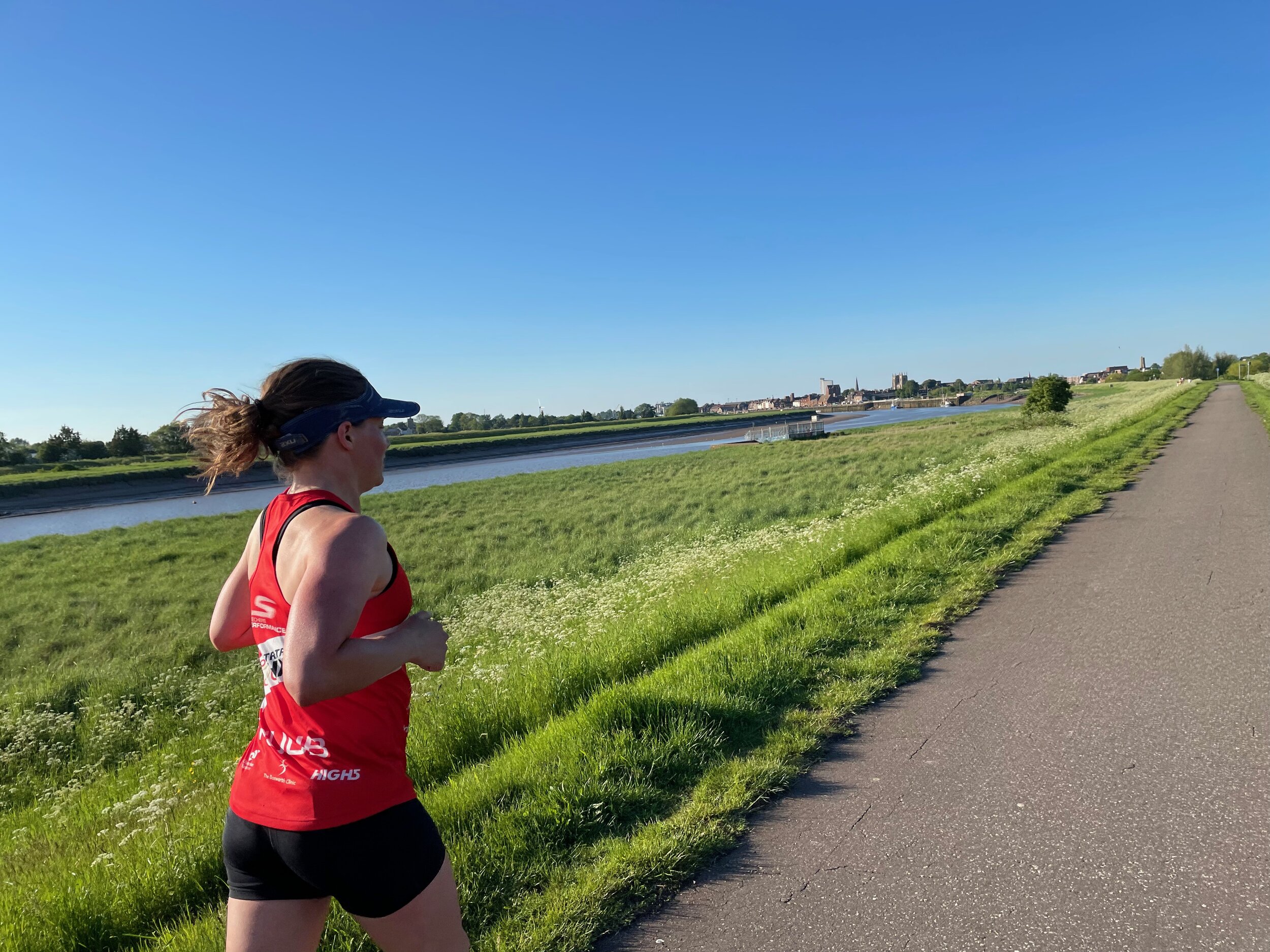Why is Sleep so Important?
A good night’s sleep is vital for your health. It’s just as important as eating healthy and exercising. Unfortunately, there’s a lot that can interfere with natural sleep patterns. People are now sleeping less than they did in the past, and sleep quality has also decreased. In this article, Coach Tim discusses the importance of sleep.
If you’ve ever spent a night tossing and turning, you already know how you’ll feel the next day, tired and unable to concentrate. But missing out on the recommended 7 to 9 hours of good quality sleep does more damage than just feeling lethargic and grumpy. It drains your mental abilities and puts your physical health at real risk. Science has linked inadequate slumber with several health problems, from weight gain to a weakened immune system.
Along with nutrition and exercise, good sleep is one of the pillars of health. You simply cannot achieve optimal health without taking care of your sleep. However, when life gets busy, it can be one of the first things to get neglected or sacrificed.
There are examples throughout history of leaders surviving on minimum hours of sleep. Margaret Thatcher is famously said to have slept for only four hours a night. To admit needing sleep was a sign of weakness, a badge of almost superhuman strength - a warrior, and in war, you need a warrior!
When Napoleon Bonaparte was asked how many hours of sleep people need, he is said to have replied: “Six for a man, seven for a woman, eight for a fool.”
Fortunately, now the work-life balance has arrived and its importance on sleep and wellbeing. Let’s have a closer look at the benefits of sleep and the negatives of sleep deprivation.
The benefits are endless; sleep is more than just a time for your body and mind to rest. While you’re asleep, your body remains active, cleansing and repairing. During this time, your body rebuilds muscles you’ve worn down during the day and removes toxins in the brain that accumulate while you’re awake. It’s also essential for keeping your memories intact.
Sleep helps you to regulate your emotions. Being sleep deprived for just one night can increase your emotional response to negative feelings by 60%. Furthermore, sleep can affect your body’s ability to regulate essential functions like appetite control, your immune system, metabolism, and body weight. Sleep plays a vital role in maintaining your circadian rhythm or internal clock. Your inner biological clock runs on an approximately 24-hour schedule controlling the sleep-wake cycle. It can also influence your metabolism, inflammation, and how you respond to stress.
Sleep improves your immune function. Even a slight loss of sleep has been shown to impair immune function. While you sleep, your immune system produces protective, infection-fighting substances like antibodies and cytokines. It uses these substances to combat foreign invaders such as bacteria and viruses.
Poor sleep is strongly linked to weight gain. People with short sleep duration tend to weigh significantly more than those who get adequate sleep. Short sleep duration is one of the most substantial risk factors for obesity. The effect of sleep on weight gain is believed to be affected by numerous factors, including hormones and motivation to exercise. If you’re trying to lose weight, getting quality sleep is absolutely crucial.
If you’re sleep-deprived, you may engage in poor decision-making, be less creative. This could be because not getting enough sleep may affect cognitive performance. Getting enough hours of high-quality sleep improves attention and concentration, which are a prerequisite for most learning. Sleep also supports numerous other aspects of thinking, including memory, problem-solving, creativity, emotional processing, and judgment.
For people with sleep deprivation, insomnia, sleep apnea, or other conditions that prevent getting adequate rest, short-term daytime cognitive impairment is common. In addition, multiple studies have linked poor sleep with longer-term cognitive decline, including the development of dementia and Alzheimer’s dementia. Poor sleepers have a greater risk of heart disease and stroke. Sleep quality and duration can have a significant effect on many health risk factors.
Well-being, mental health issues, such as depression, are strongly linked to poor sleep quality and sleeping disorders. It’s been estimated that 90% of people with depression complain about sleep quality. Sleep affects emotions and social interactions, and it reduces your ability to interact socially.
When you look across the spectrum of good indicators, it’s no wonder good quality sleep can maximise athletic performance. Sleep has been shown to enhance athletic performance, and it plays a part in :
Reaction times
Motor function
Motivation
Focus
Muscle recovery
Memory and learning
Injury risk
Unwanted weight gain
As mentioned above, the benefits and indeed this list could go on: sleep plays an important role. As more studies are carried out in recent years, it has become more apparent that elite athletes’ quality and quantity of sleep can be the edge between winning, losing, or just simply performing on race day.
How can you ensure not only the right amount of sleep but good quality sleep? As we know, everyone is different and has unique needs and preferences, and individual sleep requirements are no different. For the average adult, between 7-9 hours per night, this can depend on your age, genetics, and sleep quality.
Quality of sleep can also depend on factors such as :
limiting daytime naps (or avoiding them altogether)
refraining from caffeine past noon or at least a few hours before bedtime
going to bed at the same time each night
waking up at the same time every morning
sticking to your bedtime schedule during weekends and holidays
spending an hour before bed doing relaxing activities, such as reading, meditating, or taking a bath
avoiding heavy meals within a few hours before bedtime
refraining from using electronic devices right before bed (set a sleep reminder on your device to turn it off)
exercising regularly, but not in the evening hours close to bedtime
reducing alcohol intake
keep the temperature of your room consistently comfortable and cool.
Getting the sleep you need may require some lifestyle changes. It’s important to develop habits that promote good health and eliminate those that keep you up at night. A consistent sleep schedule is a critical part of developing good sleep hygiene. Strengthening the association between your bed and sleep may help you clear your mind at bedtime.

Qualified as a coach in 2010, in 2014 began coaching with a local Triathlon Club, in 2018 completed BTF level 3 coaching course. Now he is still enjoying the training but now concentrating on the coaching. Tim takes a lot of time over his professional development and then aims to share this knowledge, helping and supporting athletes achieve the best they can be.
Since joining Tri Training Harder Tim has worked hard in helping mentoring other coaches and run training camps abroad.
Visit Tim's
Coach profile
We’re here to help
Tri Training Harder are one of the leading Triathlon coaching providers in the UK, using our wealth of experience to unite scientific and technological research with already well-established and successful best practices, to create a formula for triathlon and endurance coaching that works.
The result is an honest, dynamic, yet simple new way of constructing an athlete’s training to allow them to reach their potential.
If you’re planning your next season, just starting out in the sport or are looking for extra guidance at the very top end of the field, we are here to help, and our coaches would be delighted to hear from you. You can contact us via the website, and one of the team will be in touch.

